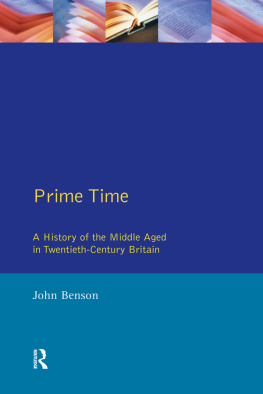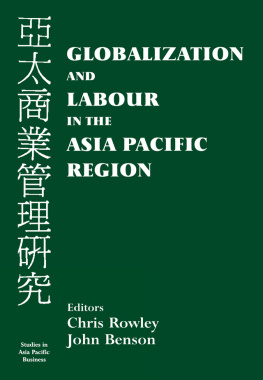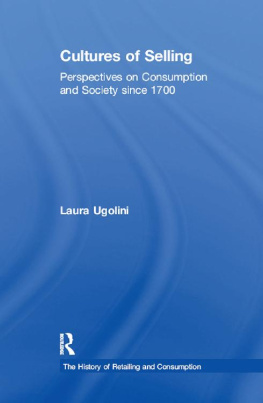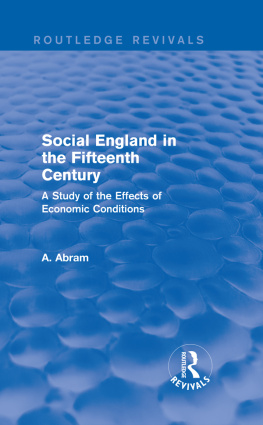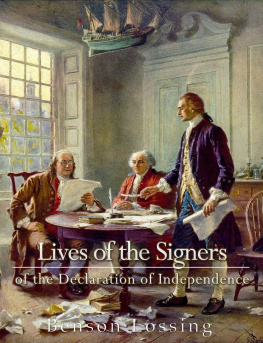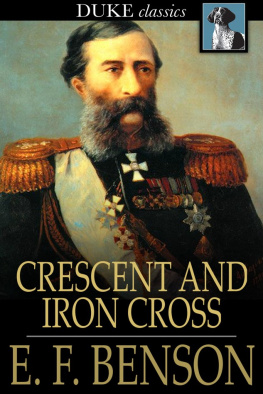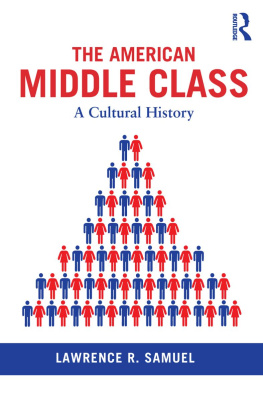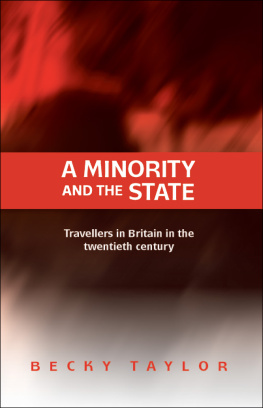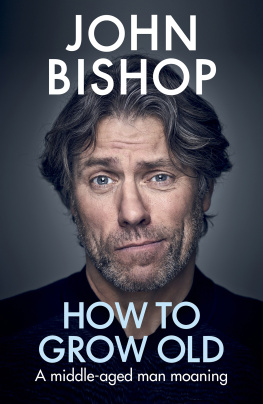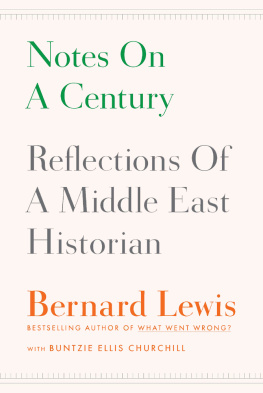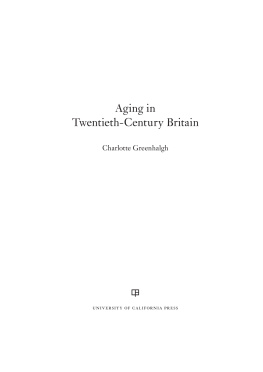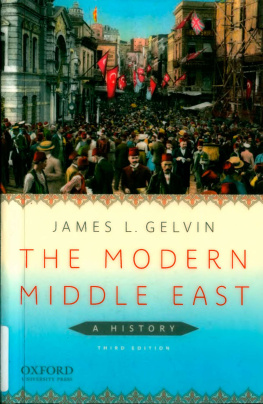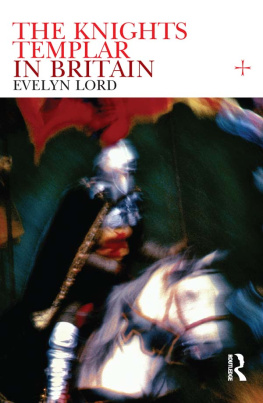First published 1997 by Addison Wesley Longman Limited
Published 2014 by Routledge
2 Park Square, Milton Park, Abingdon, Oxon OX14 4RN
711 Third Avenue, New York, NY 10017, USA
Routledge is an imprint of the Taylor & Francis Group, an informa business
Addison Wesley Longman Limited 1997
The right of John Benson to be identified as author of this Work has been asserted by him in accordance with the Copyright, Designs and Patents Act 1988.
All rights reserved; no part of this publication may be reproduced, stored in a retrieval system, or transmitted in any form or by any means, electronic, mechanical, photocopying, recording, or otherwise without either the prior written permission of the Publishers or a licence permitting restricted copying in the United Kingdom issued by the Copyright Licensing Agency Ltd., 90 Tottenham Court Road, London W1P 9HE.
ISBN 978-0-582-25657-6 (pbk)
British Library Cataloguing-in-Publication Data
A catalogue record for this book is available from the British Library
Library of Congress Cataloging-in-Publication Data
Benson, lohn, 1945
Prime time : a history of the middle aged in twentieth-century Britain / John Benson.
p. cm.
Includes bibliographical references and index.
ISBN 0582256585 (CSD). ISBN 0582256577 (PPR)
1. Middle ageGreat BritainHistory20th century. 2. Middle aged personsGreat BritainHistory20th century. I. Title.
HQ1059.5.G7B46 1997
| 305.24409410904dc21 | 9720597
CIP |
Set by 35 in 10/12pt Baskerville
I know a good deal about middle age. I started this book when I was 48, and finished it when I was 51. When I was 48 I celebrated my silver wedding anniversary, when I was 49 I was told that I might have glaucoma, when I was 50 I received birthday cards saying that although I didnt look fifty I probably had done once, and when I was 51 my wife and I decided to try to save seriously for retirement.
Fortunately, the temptation to pontificate on the basis of my own experience has been tempered by the information, advice and criticism which I have received from the friends, colleagues and scholars with whom I have discussed my work. I have benefited from the opportunity to present my arguments to a number of different audiences: the department of history colloquium, University of Calgary; the department of philosophy, history and politics colloquium, University College of the Cariboo; the MA in the history of the Manchester region day school, Manchester Metropolitan University; the postgraduate seminar, history department, University of Southampton; the history research seminar, University of Wolverhampton; the conference on Aspects of the history of the British middle class c. 1700 to the present at Manchester Metropolitan University; and the Social History Society conference on The social history of the workplace at the University of Strathclyde.
I have also benefited from the interest and assistance of Tom Almond, Bernice Andrews, Alan Apperley, Paula Bardey, Jon Bernades, Nick Birch, Kenneth D. Brown, Wiz Cameron, Nancy Cox, David Denham, Martin Durham, Frank Eves, Diana Holmes, Roger Leese, Elizabeth Roberts, Roger Seddon, Peter Urwin, Peter Watson and Harvey Woolf. I have benefited in particular from the encouragement and generosity of those who have worked more closely with me. Andrew MacLennan continued to combine enthusiasm, caution and criticism in just the right proportions; Christopher Bennett and Steven Nicholls provided valuable research assistance; Richard Sykes prepared the figures; Helen Jones helped to improve ; while Lorraine Boul, Mike Hepworth, Geoff Hurd and Julie Skucha generously took time from their own work to read and discuss a draft of the entire manuscript. However, my greatest debt is once again to Clare Benson who provided support, encouragement and a great deal more.
John Benson
November 1996
The history of age and ageing has received increasing attention in recent years, Psychologists, economists, sociologists, gerontologists, geographers and historians have all begun to recognise that age (along with gender, race, region, religion and class) could and often did constitute a crucial determinant of economic, social and cultural life.1
However, such recognition remains remarkably limited and unbalanced. Those concerned with the effects of age and ageing continue to concentrate their attention upon just three stages of the life cycle: childhood, adolescence and old age. There has been a long-standing, though often sentimental and rather Whiggish concern with the nations children: the ways in which they were brought up, the work that they were expected to do, and the relationships that they formed with parents, teachers, employers and the wider world.2 This interest has been supplemented since the 1960s by a desire to understand the history of adolescence: the clothes that young people wore, the music that they listened to and the threat, whether real or imagined, that they posed to the existing social order.3
In more recent years, these interests have been supplemented one is tempted to say replaced by a powerful and rapidly growing preoccupation with the history of old age. For the past and the present are more intimately entwined than many imagine, and our generation, like those before it, tends to interpret the past in the light of its own experiences, interests and anxieties. It is no coincidence therefore that as it has begun to dawn upon us that the ageing of the late twentieth-century population threatens to create a so-called demographic time bomb, historians have redoubled their efforts to understand the lives of the elderly in earlier generations and earlier centuries.4
Yet even those most concerned with the history of age and ageing have displayed surprisingly little interest in the history of middle age.5 It is true, of course, that a good deal of history is by the middle aged, about the middle aged, for the middle aged. It is the middle aged, after all, who make up the bulk of professional historians, it is the middle aged about whom most history is written and it is the middle aged who provide the norms and values against which other groups seek to assert their separate identities. The trouble is that such perspectives and preoccupations have rarely been recognised, made explicit and subjected to the careful scrutiny which they deserve.
It is also the case that there have been a large number of self-help guides designed to ease middle-class readers through the anxieties of their middle years.6 It is true, finally, that the ageing of the generation born immediately after the Second World War has provided journalists, commentators and other pundits with countless opportunities to discuss the perils, pitfalls and possibilities of middle-aged life. In the mid 1990s, for example, they marvelled as the Rolling Stones turned fifty, mocked the middle-aged indiscretions of public figures like Phil Collins and Hartley Booth, revelled gleefully in Janet Street-Porters broadside on television executives for being male, middle-class, middle-brow and middle-aged, and worried increasingly about how to survive something more devastating than drink, drugs and divorce: middle age.7
The ageing of the post-war generation has produced other, more substantial contributions. In 1991, fifty-two-year-old Germaine Greer published her best-selling study,

